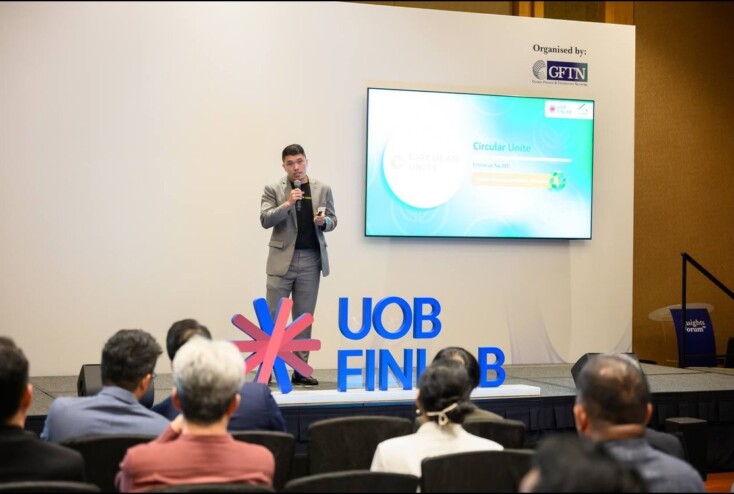“Energy is one of the core commodities that are required by all businesses, and they are definitely struggling with the high electricity bills currently,” shares Mr Nurov, who has a Bachelor’s degree in electrical and electronic engineering and used to work in a solar manufacturing company.
“Five years ago, (energy efficient solutions) were a good-to-have. But now, businesses see it as an urgent need, and they’re proactively reaching to understand how our solution can help,” Mr Nurov adds.
Despite the shift to flexible working and work-from-home models, some businesses are still paying high electricity bills for their office buildings, he says. “They have started to realise the importance of facility management, which they may have overlooked in the past.”
“With energy efficiency increasingly becoming a business priority, they see it as critical to look into how to optimise energy usage.”
According to the Asean SME Transformation Study 2022, 65 per cent of small and medium-sized enterprises (SMEs) in the region indicated that sustainability is currently an area of importance and concern.






